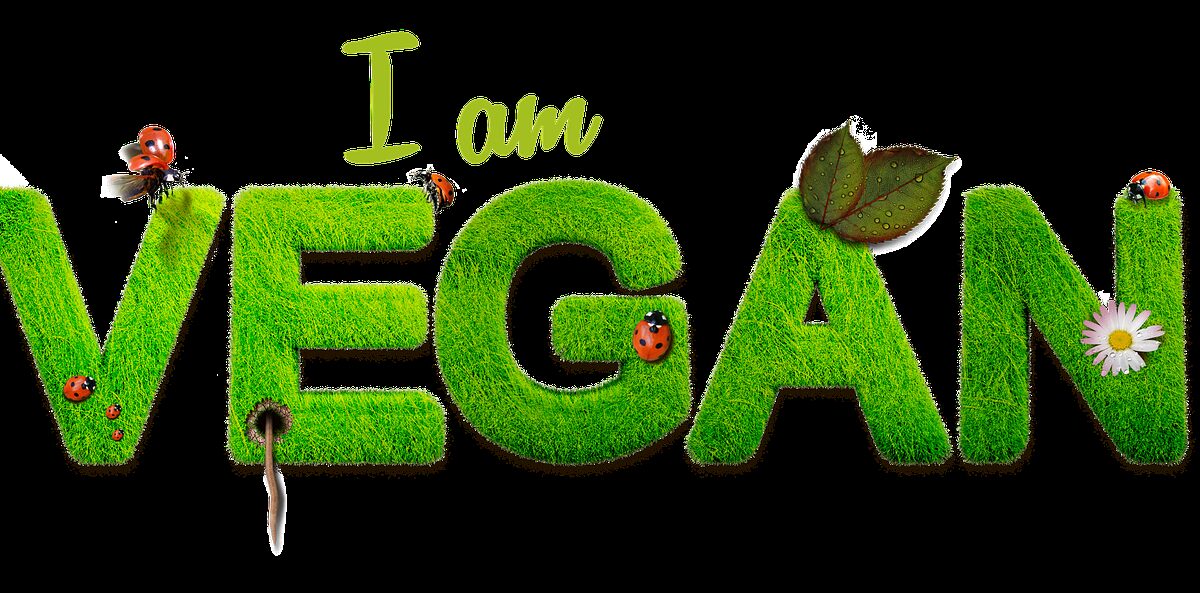Can veganism help end world hunger?
The Impact of Animal Agriculture on World Hunger
Animal agriculture is a significant contributor to world hunger, and transitioning to a vegan lifestyle can play a crucial role in addressing this global issue. Here are some key points to consider:
- Resource Inefficiency: Animal agriculture requires vast amounts of land, water, and food resources. According to the United Nations, livestock production uses around 30% of the Earth’s land surface and contributes to deforestation, which further exacerbates food scarcity. By eliminating animal products from our diets, we can redirect these resources towards growing crops for human consumption.
- Feed Conversion Efficiency: Livestock animals are inefficient converters of feed into edible calories. For example, it takes approximately 7 kilograms of grain to produce just 1 kilogram of beef. This inefficient use of resources could be better utilized to feed more people directly. By adopting a vegan diet, we can significantly increase the efficiency of food production and reduce waste.
- Water Scarcity: Animal agriculture is a major contributor to water scarcity. It takes an enormous amount of water to raise livestock and grow their feed crops. According to the Water Footprint Network, producing one kilogram of beef requires around 15,000 liters of water. By shifting towards plant-based diets, we can conserve water resources and ensure their availability for agricultural purposes, ultimately reducing hunger.
Plant-Based Diets and Food Security
Plant-based diets have the potential to enhance food security and alleviate world hunger. Here’s how:
- Increased Food Availability: By eliminating animal agriculture, we can free up land and resources to grow crops that directly feed people. This shift can lead to a significant increase in food availability, especially in regions where food scarcity is prevalent.
- Diverse and Nutritious Diets: Plant-based diets can provide a wide range of essential nutrients, including protein, vitamins, and minerals. By promoting a diverse and balanced vegan diet, we can ensure that individuals have access to the necessary nutrients for their well-being, reducing malnutrition and related health issues.
- Reduced Food Waste: Animal agriculture contributes to food waste at various stages of production, including the disposal of unsold animal products. By shifting towards plant-based diets, we can minimize food waste and redirect surplus food to areas in need, further enhancing food security.
Successful Examples and Initiatives
Several examples and initiatives demonstrate the positive impact of veganism on addressing world hunger:
- The Vegan Society’s Plate Up for the Planet: This campaign encourages individuals and institutions to adopt plant-based diets to reduce their environmental impact and contribute to global food security. By raising awareness and providing resources, the initiative promotes sustainable food choices that can help end world hunger.
- The EAT-Lancet Commission: This global initiative brings together experts from various fields to develop a planetary health diet that is both healthy for individuals and sustainable for the planet. The recommended diet is predominantly plant-based and aims to address both malnutrition and environmental challenges.
- The Green Revolution in India: In the 1960s, India faced severe food shortages. The Green Revolution, which focused on increasing agricultural productivity, played a crucial role in addressing hunger. However, the subsequent intensification of animal agriculture has led to environmental degradation and resource depletion. Shifting towards plant-based diets can help sustain the progress made by the Green Revolution while mitigating its negative consequences.
Conclusion
Veganism has the potential to contribute significantly to ending world hunger. By reducing the resource inefficiency of animal agriculture, promoting food security, and supporting initiatives that advocate for plant-based diets, we can create a more sustainable and equitable food system. Embracing veganism not only benefits our health and the environment but also helps ensure that everyone has access to nutritious food.
